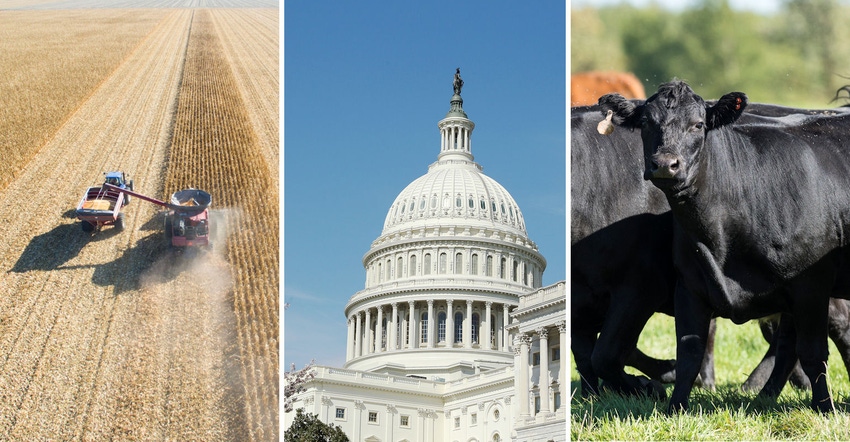
Missed some news this week? Here are 7 ag stories to catch you up.
1. Between 2010 and 2017, Randy Constant made more than $140 million in fraudulent grain sales. He scammed grain buyers, meat producers and millions of American consumers for a decade or more. Neighbors in Chillicothe, Missouri, knew him as a church-going family man, a big-hearted good listener, a father and grandfather. He also fabricated one of the largest frauds in American agriculture. – Kansas City Star
2. U.S. President Trump and Chinese President Xi Jinping have emerged as winners after the phase one trade deal between the two nations was signed. The losers include American companies and consumers who continue to pay tariffs. – BBC
3. Wisconsin lost 818 dairy farms in 2019. This is on top of the 703 dairy farms that ceased operation in 2018. If you do the math, American's Dairyland has lost more than two dairy farms each day during the past two years, declining to 7,292 farms on Jan. 1, 2020, from 8,813 on Jan. 1, 2018. This works out to just less than 18% of dairy farms going out of business in 2018 and 2019. – Wisconsin Agriculturalist
4. The Senate voted 89-10 to pass the United States-Mexico-Canada Agreement, sending the agreement to Trump's desk for his signature. – The New York Times
5. Following a two-year decline, the amount of antibiotics sold for use in food-producing animals in the United States increased 9% in 2018, according to Food and Drug Administration data. – Pewtrusts.org
6. Attorneys from the National Agricultural Law Center have identified and compiled the top legal and policy developments that affected agriculture in 2019. Honorable mentions include implementation of the 2018 farm bill, continued Market Facilitation Program payments and challenges to the beef checkoff program. – Delta Farm Press
7. A University of Missouri plant geneticist and his team are investigating how to make soybean plants more tolerant to extreme flooding conditions. Henry Nguyen, University of Missouri curators' distinguished professor in the Plant Sciences Division, is looking to characterize the naturally occurring flooding tolerant protein variation in the soybean germplasm. – Missouri Ruralist
And your bonus.
Climate change is extending the range for pawpaw, a tropical fruit described as tasting between a banana and a mango. Their original range is from the Gulf Coast Plain to the Lower Midwest east to the Mid-Atlantic states. They are adapted to cold climates and can survive temperatures of -25F without damage. – Civil Eats
About the Author(s)
You May Also Like




